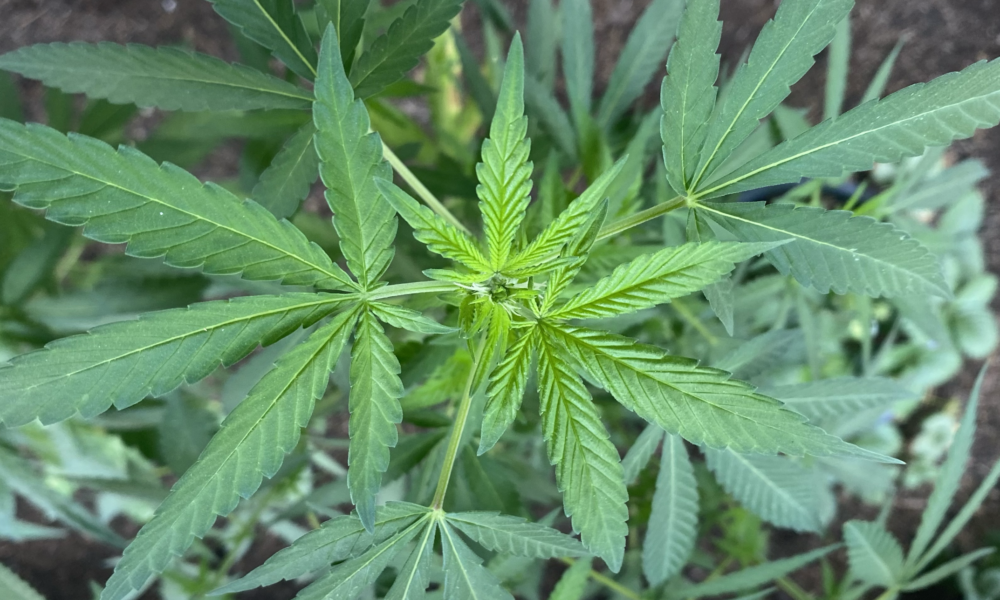Connecticut adults 21 and older can officially start growing their own marijuana plants for personal use on Saturday, one of the latest provisions of the state’s cannabis legalization law to take effect.
The state Department of Consumer Protection (DCP) published a notice on Tuesday to remind the public about the policy change, detailing the rules and encouraging people who choose to participate to cultivate cannabis “responsibly.”
Here’s what adults need to know about the laws around marijuana home cultivation that became effective on Saturday under the broader legalization legislation the Gov. Ned Lamont (D) signed in 2021:
- Adults 21 and older can cultivate up to six cannabis plants (only three of which can be mature) for personal use.
- Regardless of how many adults live in a shared space, the household plant limit is maxed out at 12.
- Plants must be grown indoors, outside of public view and in a secure location that’s inaccessible to underage people and pets.
- After the marijuana is grown and harvested, regulators are urging adults to store the product in child-resistant packaging.
The legalization law that’s being implemented allowed medical cannabis patients to begin growing their own plants in October 2021, and now that right is being extended to all adult consumers over the age of 21.
“Adults who choose to grow their own cannabis should use safe and healthy gardening practices for growing any products they intend to consume,” DCP Commissioner Bryan Cafferelli said in a press release earlier this week.
This home grow option is being legalized about six months after Connecticut’s first adult-use retailers opened shop. And the market has quickly expanded, with recreational sales reaching a record high and eclipsing medical cannabis purchases for the first time in May.
Lamont separately signed a marijuana omnibus bill this week that contains a number of reforms, including the establishment of off-site event permits for marijuana retailers, restricting intoxicating hemp-derived products and creating a new Office of the Cannabis Ombudsman.
It will additionally establish a definition for edible cannabis products and revise the rules for the state’s lottery system for marijuana business licensing.
—
Marijuana Moment is tracking more than 1,000 cannabis, psychedelics and drug policy bills in state legislatures and Congress this year. Patreon supporters pledging at least $25/month get access to our interactive maps, charts and hearing calendar so they don’t miss any developments.
Learn more about our marijuana bill tracker and become a supporter on Patreon to get access.
—
Meanwhile, the governor signed budget legislation last month that includes provisions to provide state-level tax relief to licensed marijuana businesses that are currently prohibited for making federal deductions under an Internal Revenue Service (IRS) code known as 280E.
Connecticut’s House of Representatives approved a bill in May to build on the state’s marijuana legalization and expungements law by requiring courts to reduce sentences or dismiss charges for a wider range of cannabis-related convictions and, accordingly, to release people who are currently incarcerated on those charges.
The House also passed a measure in May to bill to decriminalize possession of psilocybin mushrooms.
Neither of those bills were taken up by the Senate prior to the end of the legislative session, however.
Separately, Lamont announced in January that the state had cleared nearly 43,000 records for marijuana-related convictions. The legalization legislation that he signed into law in 2021 empowered the state government to facilitate mass cannabis conviction relief.
Connecticut prosecutors announced in April that they have dismissed more than 1,500 pending marijuana cases, while modifying about 600 others, following a review as part of the state’s post-legalization criminal erasure program.
NBA Officially Signs Contract Removing Marijuana From Banned Substances List And Allowing Players To Invest In Cannabis Companies
Read the full article here









